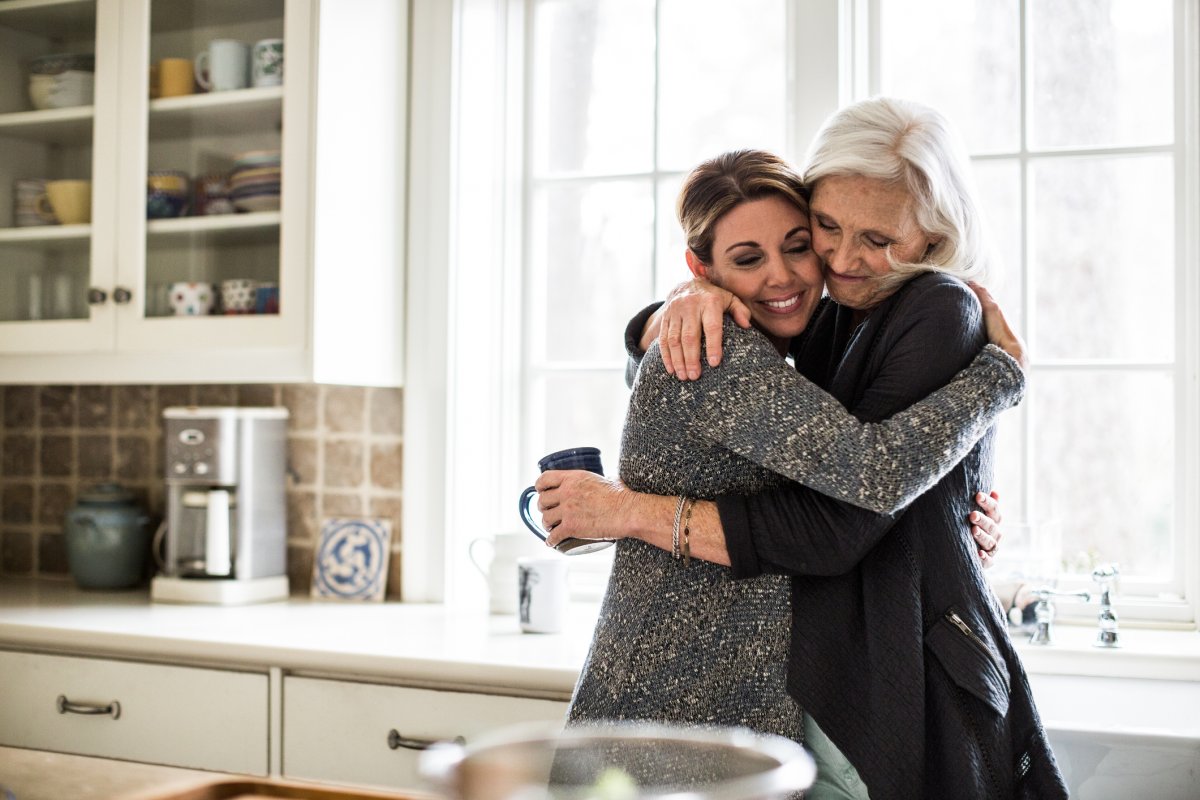Despite the stress and fears that come along with raising a child, a new study suggests that parenthood may actually help you live a longer life.

According to a study published in the Journal of Epidemiology & Community Health, the difference in life expectancy by the age of 60 between parents and their childless counterparts was two years for men and 1.5 years for women.
“Support from adult children to aging parents may be of importance for parental health and longevity,” researchers say in the report. “At old age, the stress of parenthood is likely to be lower and instead, parents can benefit from social support from their children.”
READ MORE: World not prepared to support growing elderly population: report
Previous research has already looked in to the possible link between parenthood and longevity, but researchers at the Karolinska Intitutet in Stockholm, Sweden wanted to see when this apparent advantage may kick in, and whether or not it could be influenced by the sex of the children.
To do this, researchers studied the lifespan of over 700,000 men and 725,000 women from age 60 onward, all with a birth date between 1911 and 1925 living in Sweden, using national registry data.
The study, which ran until the end of 2014, also gathered data on marital status and the number of children they had, and the children’s sex.
Researchers then calculated and compared age-specific risks of death for each year for people who had at least one child and for those who were without children.
That’s when researchers found that the risk of death rose as people got older with or without children.

Get weekly health news
But after they took influential factors into account – like educational attainment, for example – the risk of death was lowered among those who had at least one child, but not for the childless.
The findings was even more pronounced for men than for women, the study notes.
According to the findings, the one-year risk of death for an 80-year-old man with a child was 7.4 per cent, compared to 8.3 per cent for childless men of the same age.
The gap became bigger with increasing age, again more so for men than for women.
The difference in the one-year risk of death at age 60 for men was 0.06 per cent and 0.16 per cent among women. By 90 years of age, these differences had increased 1.47 per cent among men and 1.10 per cent among women.
“Our finding that the association grew strong when parents became older is further in agreement with research suggesting that childless people face support deficits only towards the end of life,” researchers write.
READ MORE: Want to live longer? Eat lots of fibre, study suggests
When it came to married with children versus unmarried, the difference in death risk for unmarried men was 1.2 per cent. Researchers speculate that unmarried men might be relying more on their children for care giving in the absence of a partner. However, the opposite tends to be true for women.
There didn’t seem to be a difference if the children were male or female, the study notes.
Another study by the University of California, San Francisco (UCSF) in 2012 came up with similar findings when they looked at the influence children had on their parents’ life expectancy.
According to UCSF researchers, when children spend more time with their parents, it could help them live longer.
That study, which looked at 1,600 adults with an average age of 71, found that nearly 23 per cent of participants who were considered lonely died within six years of the study. This is compared to only 14 per cent of those who reported having companionship.
“In older persons, health outcomes, such as worsening disability and death, are influenced not just by biomedical factors but also by psychosocial distress,” researchers write. “The concept of loneliness is only starting to be recognized as a separate entity from social isolation and depression, and therefore few studies have examined it as an independent risk factor.”








Comments